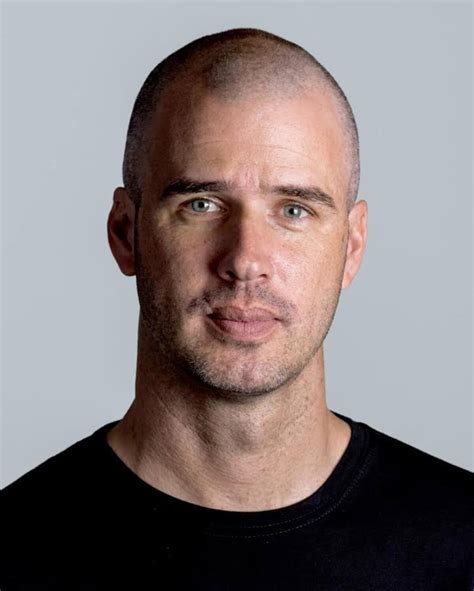A Quote by Michael Hastings
The humanitarian argument is so selective I find it difficult to swallow. It's not even so much about the choice as to where we should get involved and where we shouldn't. The minute you start arming people in these conflict zones, like Iraq and Afghanistan, things don't go as expected.
Related Quotes
The minute you start arming people in these conflict zones, things don't go as expected. We also need to look at precedent before making these decisions. Instead of listening to Muammar Qaddafi's rhetoric, we should look at how he's behaved. The fact is he's been making concessions recently. He gave up his nuclear weapons. He allowed hundreds of Americans to evacuate Tripoli. Did he crack down on his people who revolted? Yes, but that's not so unusual.
Afghanistan would have been difficult enough without Iraq. Iraq made it impossible. The argument that had we just focused on Afghanistan we'd now be okay is persuasive, but it omits the fact that we weren't supposed to get involved in nation-building in Afghanistan.In my new book, I open with a quote from Donald Rumsfeld. In October 2001, he said of Afghanistan: "It's not a quagmire." Ten years later there are 150,000 Western troops there.
I have witnessed firsthand the anguish of this humanitarian tragedy - in Palestine, Iraq, Syria, Pakistan, and other conflict and post-conflict zones. The destruction of lives and hopes, the emotional trauma, and the economic, social, and political marginalization of the displaced, the human insecurity, with real and potentially devastating consequences over generations, in ever-widening arenas of conflict. We can and must ensure the human rights of the displaced. That begins by making their voices heard.
I had said from the start that I thought Iraq was a mistake, that we should have stayed focused on Afghanistan. I think it was the right decision because the Taliban at that point had gotten a lot of momentum before I'd gotten into office, partly because we hadn't been paying attention as much as we needed to to Afghanistan.
Love is a thousand things, but at the center is a choice. It is a choice to love people. Left to myself, i get quiet and bitter and critical. i get angry. i feel sorry for myself. It is a choice to love people. It is a choice to be kind. It is a choice to be patient, to be honest, to live with grace. i would like to start making better choices.
There's a lot of people that I disagree with that I think I could have interesting conversations with. What I don't want to get into is manufactured conflict. I would much rather talk to someone like Dr. Rhonda Patrick or Randall Carlson and be mesmerized by information. I guess in a way that's selfish, or maybe not objective of me. The older (and hopefully wiser) I get the less interested I am in conflict. I don't mind disagreeing with people in a civil way, but I definitely don't want to go out of my way to have an argument unless it's a really important subject.




























